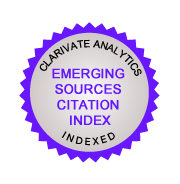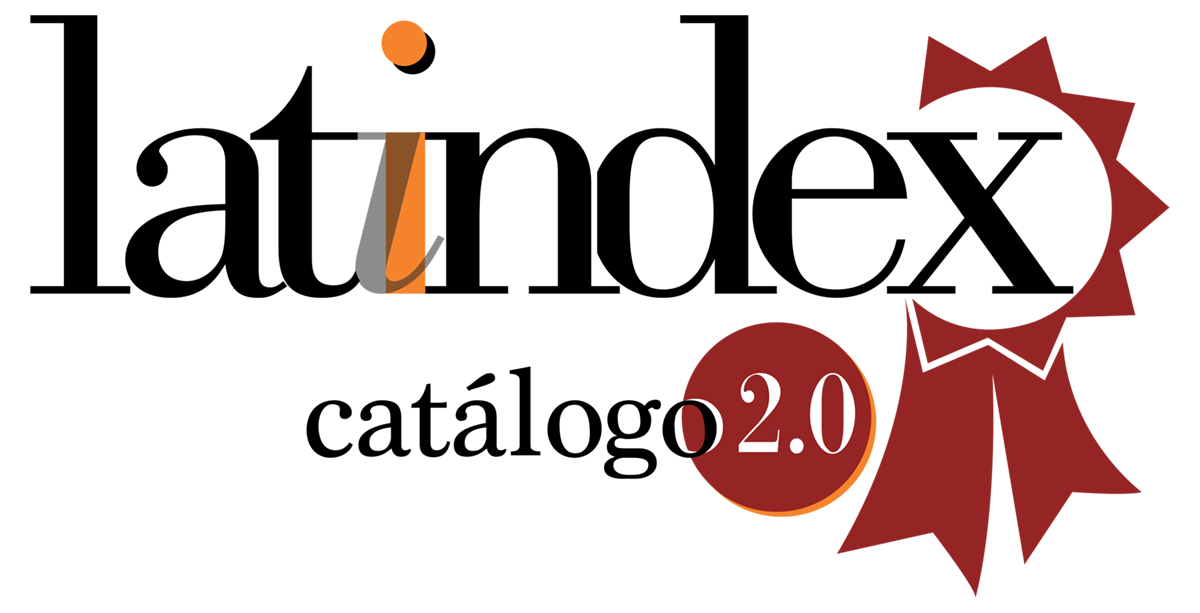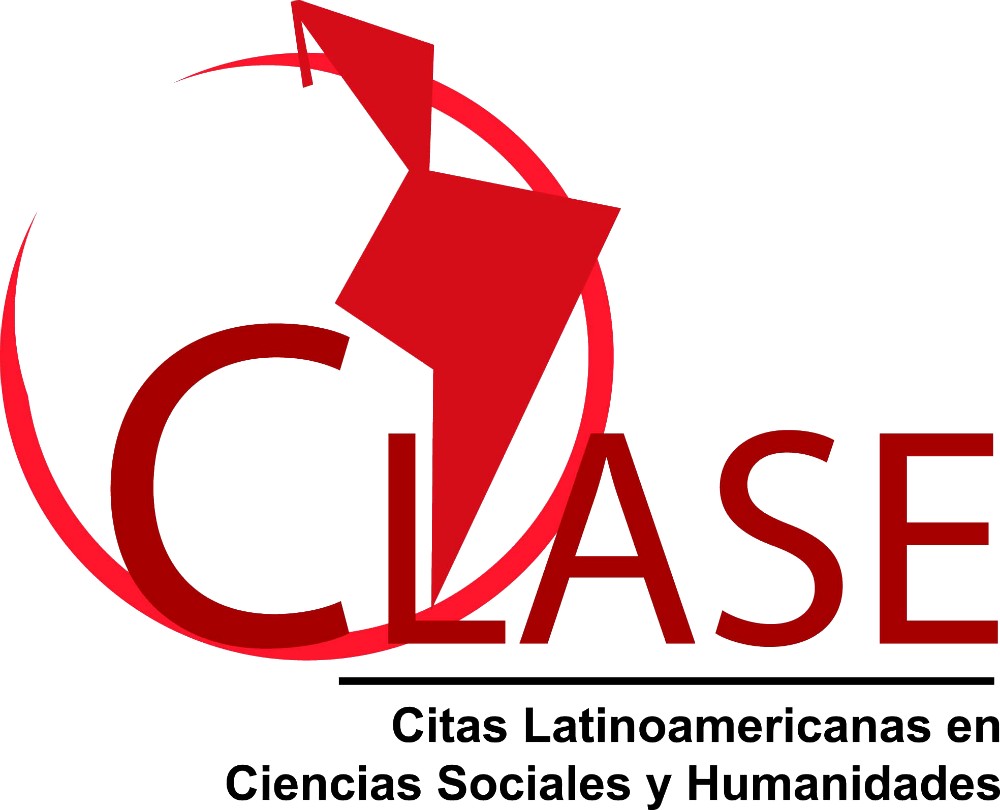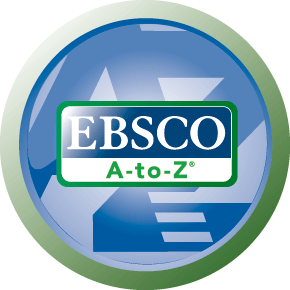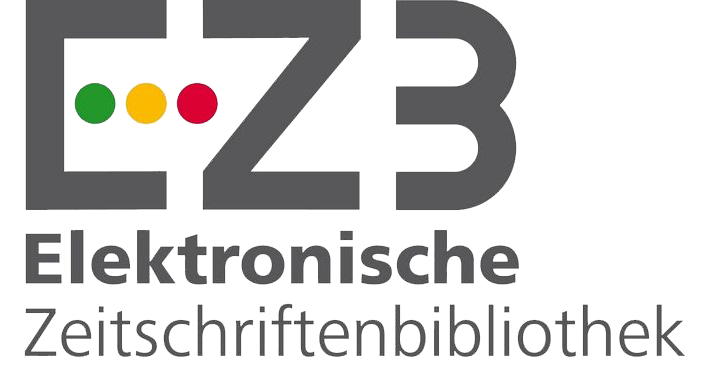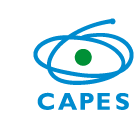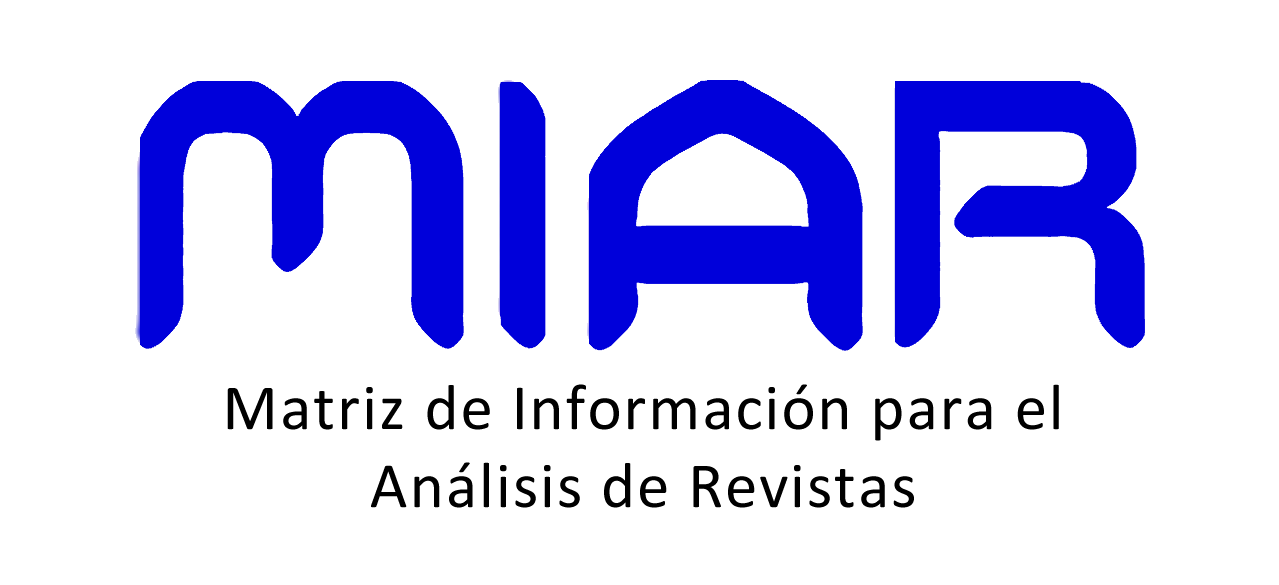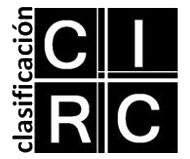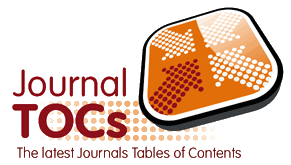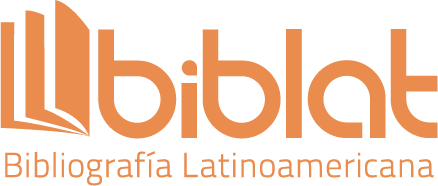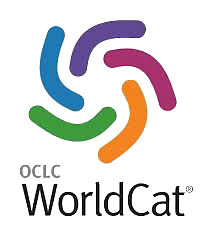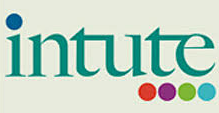La imaginación narrativa de Martha Nussbaum ante la crítica académica
DOI:
https://doi.org/10.24215/16696581e099Palavras-chave:
Martha Nussbaum, imaginación narrativa, crítica académica, ámbitos de lectura.Resumo
Este artículo presenta una revisión documental y bibliográfica sobre autores que han elaborado puntos a favor y en contra sobre la categoría de imaginación narrativa de Martha Craven Nussbaum. Esta revisión se desarrolla en tres secciones: la primera presenta los rasgos generales de los planteamientos de Martha Nussbaum sobre la Imaginación Narrativa. La segunda es una revisión descriptiva de los planteamientos críticos asociados a la categoría de Nussbaum, con dos debates críticos: de la ética crítica y de la literatura como filosofía moral. La tercera parte de este artículo centra su interés general en las posibilidades conceptuales de la imaginación narrativa y, de manera particular, en el potencial del encuentro de ámbitos de lectura en la educación superior.
Downloads
Referências
Andrews, M. (2014). Narrative imagination and everyday life. Oxford: Oxford University Press.
Antaki, M. (2012). The Turn to imagination in legal Theory: the re-enchantment of the world? Law Critique, 23, 1-20.
Bermúdez Pérez, E. P. (2014). La Literatura en la formación de ciudadanos. El desafío de una educación para la democracia. Revista Amauta, 23, 119-130.
Bevan, R. (2006). Creed between the lines: the values and potential of literature in education. (Tesis de Maestría). Concordia University, Canadá.
Booth, W. (1998). Why Banning Ethical Criticism is a Serious Mistake. Philosophy and Literature, 22(2), pp. 366-393.
Buell, L. (1999). Introduction: in pursuits of ethics. PMLA (special topic: Ethics and Literary Studies), 114(1), 7-19.
Carroll, N. (2000). Art and ethical criticism: and overview of recent direction of research. Ethic, 110(2), 350-387.
Clavel, S. (2012). Martha Nussbaum et les usages de la
Littérature en Philosophie Morale. Revue Philosophique, 1(137), 89-100.
Coeckelbergh, M. (2007). Imagination and principles. An Essay on the rol of imagination n moral deliberation. New York: Palgrave-Macmillan.
Diamond, C. (1999). Martha Nussbaum and the need for the novels. En Adamson, J.; Freedman, R. y Parker, D. Renegotiating ethic in literature, philosophy and theory (pp. 39-64). Cambridge: Cambridge University Press.
Diamond, C. (1983). Having story about what Moral Philosophy is. New Literary History, 15(1), 155-169.
Fonnegra, C. P. (2012). La Narrativa como vía para la reflexión ética y política. Una aproximación a partir de los planteamientos teóricos de Paul Ricoeur, Hannah Arendt y Martha Nussbaum. (Tesis de Maestría). Universidad EAFIT, Colombia.
Hamilton, S. (2004). Ethics and Literature: love and perception in Henry James. (Tesis de Maestría). Louisiana State University, Estados Unidos.
Hämäläinen, N. (2016). Literature and moral theory. London: Bloombury.
Hänes, K. y Jansen, L. (2001). Reading for the good life? En Kallhoff, A. (Ed.). Martha C. Nussbaum: ethics and political philosophy (pp. 119-128). Müster: Lit Verlag.
Hidalgo, D. C. (2010). La Imaginación literaria como proyección del otro. Una reflexión desde la justicia poética de Martha Nussbaum. (Trabajo de grado). Universidad Tecnológica de Pereira, Colombia.
Horton, J. (2003). Life, literature and ethical theory: Martha Nussbaum on the role of literary imagination in ethical thought. En Horton, J. and Baumeister, A. Literature and political imagination (pp. 70-97). London: Routledge.
Jiménez Bósquez, D. A. (2016). Educación emocional para una ciudadanía cosmopolita. La propuesta de Nussbaum. Quito: Publicaciones de la Pontifica Universidad Católica del Ecuador.
Johnson, P. (2004). Moral philosopher and the novel: a study Winch, Nussbaum and Rorty. London: Palgrave.
Kalin, J. (1992). Knowing novels: Nussbaum on fiction and moral theory. Ethics, 103, 135-151.
Koopman, E. M. y Hakemulder, F. (2015). Effects of literature on empathy and self-reflection: a theoretical-empirical framework. Journal of Literature Journal, 9(19), 79-111.
Llanera, T. (2014). Morality by words: Murdoch, Nussbaum, Rorty. Budhi: A Journal of Ideas and Culture, 18(1), 1-17.
Lourens, H. (2009). From Fiction to phronésis. A Critical dialogue with Martha Nussbaum on the importance of concrete fictional literature in moral philosophy. (Tesis de Maestría). Stellenbosch University, Sudáfrica.
Maxwell, B. (2006). Naturalized compassion: a critique of Nussbaum on literature as education form compassionate citizenry. Journal of Moral Education, 35(3), 335-352.
Mcgregor, R. F. (2013). The Autonomy of Literature. (Tesis Doctoral). University of York, Reino Unido.
Mélich, J. C. (1994). Del Extraño al cómplice. La educación en la vida cotidiana. Barcelona: Anthropos.
Nussbaum, M. C. (2010). Sin fines de lucro. Por qué la democracia necesita humanidades. Buenos Aires: Katz editors.
Nussbaum, M. C. (1998). Exactly and responsibly: a defense of ethical criticism. Philosophy and Literature, 22(2), 334-365.
Nussbaum, M. C. (2005). Cultivando la humanidad. Una defensa clásica de la reforma de la educación liberal (traducción J. Pailaya). Barcelona: Paidós.
Nussbaum, M. C. (1997). Justicia poética. La Imaginación literaria y la vida pública (traducción C. Gardini). Santiago de Chile: Editorial Andrés Bello.
Pamuk, O. (2012). Museos y novela. En El novelista ingenuo y el novelista sentimental (pp. 97-119). Barcelona: Mondadori.
Posner, R. A. (1998). Against ethical criticism: part two. Philosophy and Literature, 22(2), 394-412.
Posner, R. A. (1997). Against ethical criticism. Philosophy and Literature, 22(1), 1-27.
Putnam, H. (1983). Taking rules seriously: a response to Martha Nussbaum. New Literary History, 15(1), 193-200.
Reyes, Y. (2007). La casa imaginaria. Lectura y Literatura en la primera infancia. Bogotá: Norma.
Robbins, W. E. (2015). Science Fiction is good for you too: a reply to Martha Nussbaum´s theory of literary engagement. (A Thesis in partial fulfillments of the requirements for the degree Master of Arts). University of Saskatchewan, Canadá.
Singleton, J. (2006). Henry James- Aristotle´s ally, an exclusive pact? Philosophy and Literature, 30(1), 61-78.
Stow, S. (2000). Unbecoming virulence: the political of the Ethical Criticism debate. Philosophy and Literature, 24, 185-196.
Voice, P. (1994). Why Literature cannot be Moral Philosophy. Theory, 83/84, 123-134.
Von Wright, M. (2002). Narrative imagination and taking the perspectives of other. Studies in Philosophy and Education, 21(4), 407-416.
Wollheim, R. (1983). Flawed Crystals James´s the Golden Bowl and the plausibility of Literature and Moral Philosophy. New Literary History, 15(1), 185-191.
Downloads
Publicado
Como Citar
Edição
Seção
Licença
La aceptación de un original por parte de la revista implica la cesión no exclusiva de los derechos patrimoniales de los/as autores/as en favor del editor, quien permite la reutilización, luego de su edición (postprint), bajo una Licencia Creative Commons Atribución-NoComercial-CompartirIgual 4.0 Internacional (CC BY-NC-SA 4.0)
Acorde a estos términos, el material se puede compartir (copiar y redistribuir en cualquier medio o formato) y adaptar (remezclar, transformar y crear a partir del material otra obra), siempre que a) se cite la autoría y la fuente original de su publicación (revista y URL de la obra), b) no se use para fines comerciales y c) se mantengan los mismos términos de la licencia.
La cesión de derechos no exclusivos implica que luego de su edición (postprint) en Question las/os autoras/es pueden publicar su trabajo en cualquier idioma, medio y formato; en tales casos, se solicita que se consigne que el material fue publicado originalmente en esta revista.
Tal cesión supone, también, la autorización de los/as autores/as para que el trabajo sea cosechado por SEDICI, el repositorio institucional de la Universidad Nacional de La Plata, y sea difundido en las bases de datos que el equipo editorial considere adecuadas para incrementar la visibilidad de la publicación y de sus autores/as.
Asimismo, la revista incentiva a las/os autoras/es para que luego de su publicación en Question depositen sus producciones en otros repositorios institucionales y temáticos, bajo el principio de que ofrecer a la sociedad la producción científica y académica sin restricciones contribuye a un mayor intercambio del conocimiento global.






